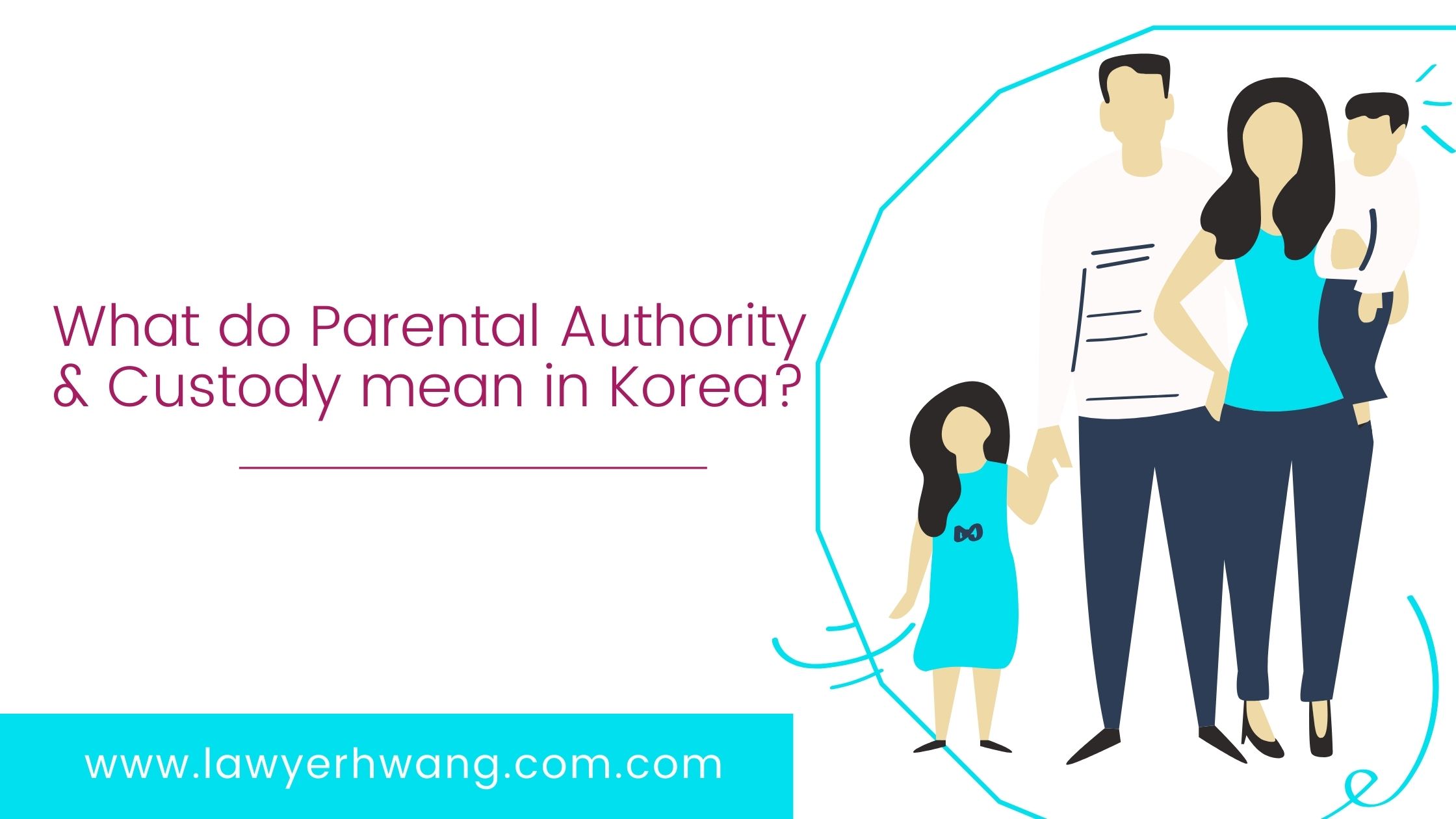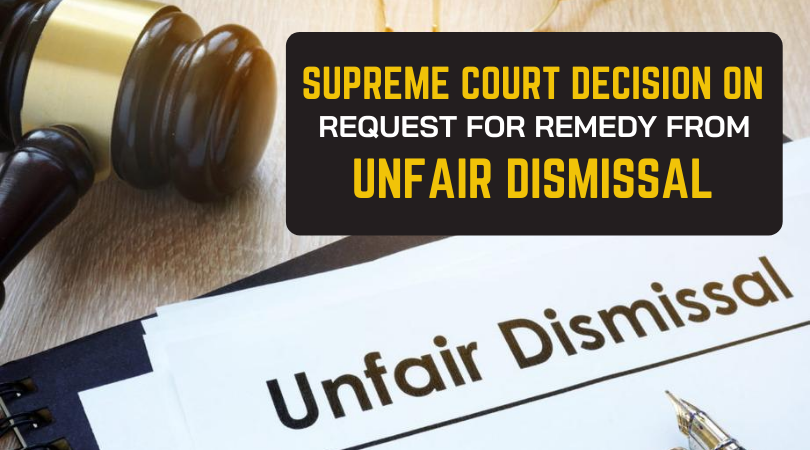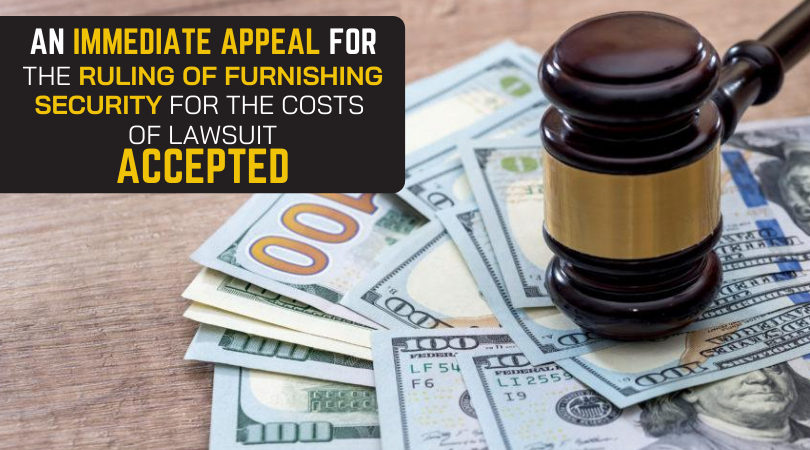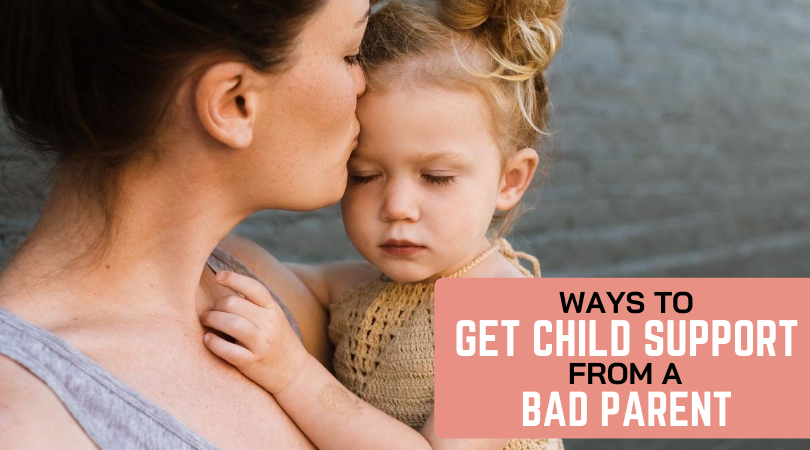
Will the Korean Family Court disadvantage a foreign parent in a custody case?
January 7, 2025
Is it illegal to secretly view a spouse’s Google Photos when their Google account is signed in?
January 13, 2025Son Born out of Wedlock Exempt from Punishment for Harborning Criminal?
In Korea, there are several special exception rules for relatives with regard to punishment in Criminal Act (hereafter referred to as the “Act”). In particular, Article 151 of the Act states as follows;
Article 151 (Harboring Criminal and Special Exceptions to Relatives)
(1) A person who harbors one who has committed a crime punishable by fine or heavier punishment, or who causes such person to escape, shall be punished by imprisonment with labor for not more than three years or by a fine not exceeding five million won. <Amended on Dec. 29, 1995>
(2) If the crime of the preceding paragraph is committed by a relative or a family member living together with the said person for the benefit of the criminal, it shall not be punishable. <Amended on Mar. 31, 2005>
According to the second paragraph of the abovementioned Article, shall a child born out of wedlock without being affiliated by his or her father not be punished for haboring his or her father? The Supreme Court has ruled that the special rule for exceptions to reletives shall not be applied when a son out-of-wedlock habored his father, overturning the judgement of the original court. In the first and second instance, he was found not guilty.
The defendant in the above case helped his father, who was a underboss of a crime gang, to escape and provided him with 8 million KRW even though he knew that he had committed crimes. In May 2019, his father beat a 50-year-old businessman to death at a local karaoke bar, then dumped his body and went on the run from law enforcement for nine months.
The first and second courts acquitted him, clarifying that although he was not a son under the law, the the special rule for exceptions to reletives could be applied by analogy in the case of a son born out of wedlock. However, the Supreme Court concluded that the definition of relatives should be strictly interpreted, and that the case should be deliberated again. The Supreme Court added that Article 151(2) of the Act clearly limits the scope of its application by stipulating that a person shall not be uniformly punished as long as he or she is a ‘relative or cohabiting family member’ without regard to specific and individual relationships or circumstances and that allowing the application of an analogy would expand the scope of application clearly set by the legislator and contradict the legislator’s intention.
Related posts
Blog Articles
Contact Information
201, 160, Seochojungang-ro, Seocho-gu, Seoul, Republic of korea.
Phone: +82-2-535-1235
Mobile: 010 5349 1235
Fax: +82-2-536-1236
Email: [email protected]










































![[Supreme Court Decision – Criminal Law] – On Intent of Defamation](https://lawyerhwang.com/wp-content/uploads/2020/03/Supreme-Court-Decision-–-Criminal-Law-–-On-Intent-of-Defamation.png)
![[Supreme Court Decision – Criminal Law] – On Uploading a “Torrent File” of Obscene Videos](https://lawyerhwang.com/wp-content/uploads/2020/03/Supreme-Court-Decision-–-Criminal-Law-On-Uploading-a-“Torrent-File”-of-Obscene-Videos.png)






























